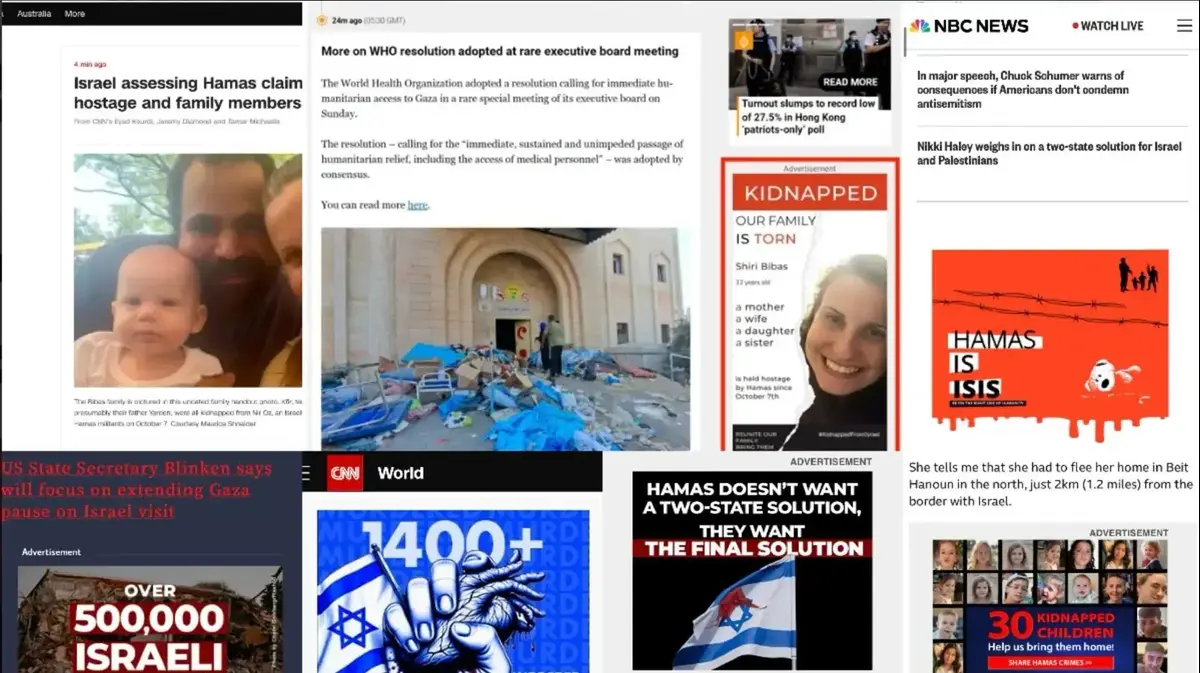Icon: enlarge
An employee of the Philippine health authorities prepares a flu vaccination (archive image)
Photo: A2800 epa Francis R. Malasig / dpa
Facebook wants to ban all ads on its pages that are worded in such a way that they could prevent people from getting vaccinated.
"We do not want these ads on our platform," it said on Tuesday in a blog post by the group.
The corona pandemic shows how important "preventive behavior" is to protect health, the company emphasized.
But Facebook wants to continue to allow ads that criticize certain measures taken by governments in connection with vaccinations.
Research into vaccines against the coronavirus is currently under high pressure worldwide.
The operators of the large online networks are repeatedly accused of allowing anti-vaccination campaigners to spread their messages widely.
According to its own information, Facebook is now planning a campaign in the USA to advertise flu vaccinations.
The new rules only apply to paid posts.
With these, Facebook pages can also target specific people who do not follow the page.
Normal contributions by users are not affected by the rule change.
On Facebook, however, such unpaid posts often contribute to the spread of vaccine-critical content in special groups.
In particular, Facebook tries to counter false information about vaccinations with information from fact checkers.
The contributions remain online, but are provided with warnings and in some cases also restricted in their range if fact checkers have refuted the content of a contribution.
Connection between conspiracy myths and vaccination skepticism
Recently, Facebook had also increasingly acted against the spread of conspiracy myths on its pages.
A study published on Wednesday shows that believing in such completely unsubstantiated theories can significantly reduce willingness to vaccinate.
Surveys were carried out in the US, UK, Ireland, Spain and Mexico for the research.
According to the study published in the British journal "Royal Society Open Science", the majority of people there reject conspiracy theories on the coronavirus, but "considerable parts" of the population take these false claims at face value.
The study also showed a "clear connection" between belief in conspiracy myths and skepticism about vaccines, said one of the authors, Sander van der Linden.
The researchers came to the conclusion that the more respondents were generally willing to participate in future corona vaccinations, the more they adhered to conspiracy theories.
The new rules for ads also apply to Facebook's subsidiary Instagram, as a company spokeswoman confirmed to SPIEGEL.
Icon: The mirror
hpp / afp















